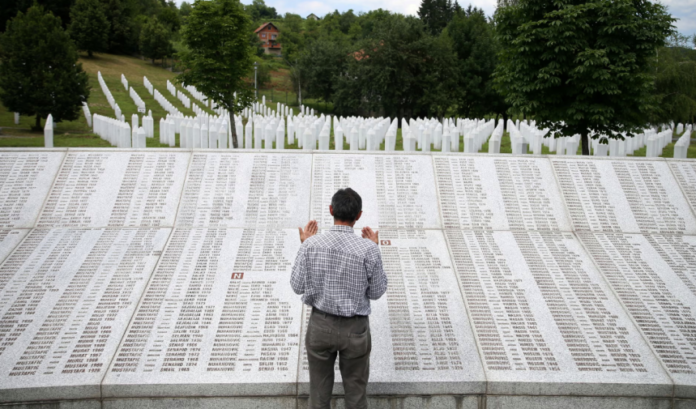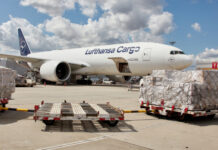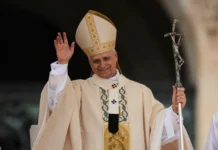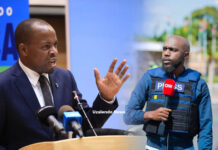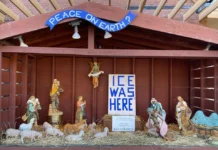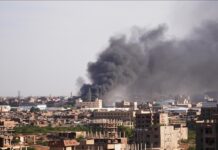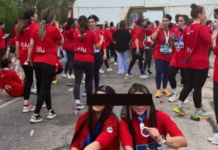Bosnia and Herzegovina today commemorates the 30th anniversary of the Srebrenica genocide, a haunting reminder of Europe’s worst atrocity since World War II. Thirty years on, survivors continue to search for closure, burying newly identified remains of loved ones among the more than 8,000 Bosniak men and boys executed by Bosnian Serb forces in July 1995.
On July 11 of that year, forces under General Ratko Mladic overran the UN-declared “safe zone” of Srebrenica, a Muslim enclave sheltering over 40,000 civilians during the 1992–1995 Bosnian War. In the days that followed, thousands were systematically murdered and buried in mass graves.
Since then, about 7,000 victims have been exhumed, identified, and laid to rest, while roughly 1,000 remain missing. This year, seven more victims, including two 19-year-old men and a 67-year-old woman, will be buried at the Srebrenica-Potocari Memorial Centre.
Among them is Sejdalija Alic. His daughter, Mirzeta Karic, is burying only his lower jaw, the only part of his body ever found. “I’ve been able to endure everything, but I think this funeral will be the worst,” she told AFP. Alic’s three brothers and their four sons were also killed, making Karic’s father the 50th immediate family member she will bury at Potocari.
The massacre has been recognized as genocide by international courts. Mladic, now 83, and former Bosnian Serb leader Radovan Karadzic, 80, were sentenced to life imprisonment for war crimes and genocide. Yet within Bosnia’s Serb-led entity, Republika Srpska, denial remains entrenched.
According to a recent study by the Srebrenica Memorial Centre, Republika Srpska President Milorad Dodik led 42 of 305 public instances of genocide denial or minimization in 2024. “They are still in 1995,” said Emir Suljagic, director of the Memorial Centre. “They are having a conversation with themselves.”
Despite widespread international recognition, including the United Nations’ establishment last year of an official day of remembrance, Bosnian Serb leaders continue to reject the term genocide. On Saturday, officials from Republika Srpska and Serbia, along with Orthodox Church dignitaries, will hold a separate commemoration for over 3,200 Serb soldiers and civilians killed during the war.
As Bosnia reflects on three decades of grief, denial, and resilience, families continue to seek justice and remembrance for those whose lives were violently cut short.
Written By Rodney Mbua









